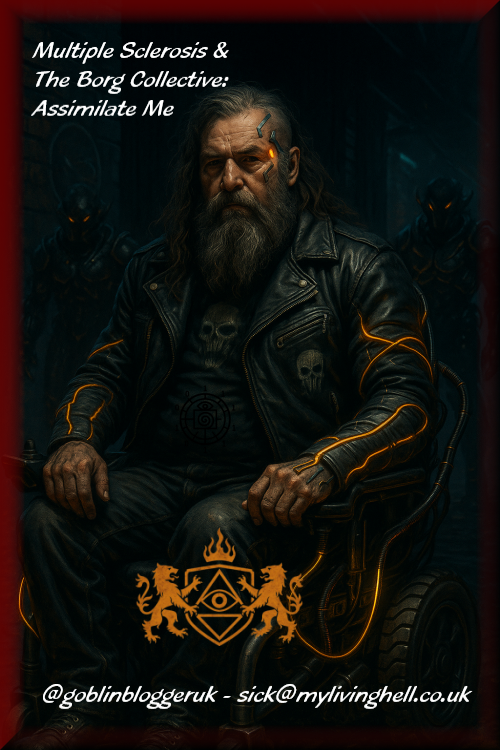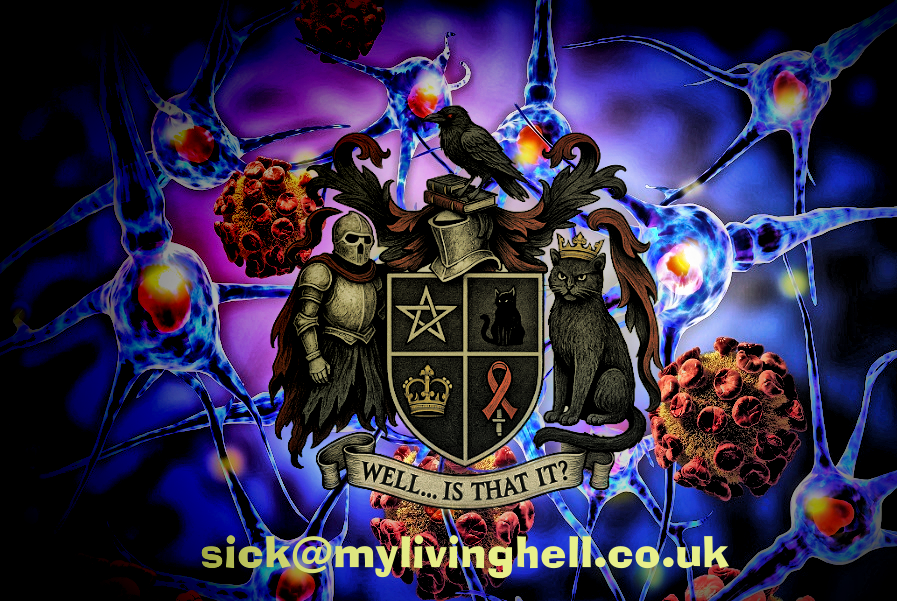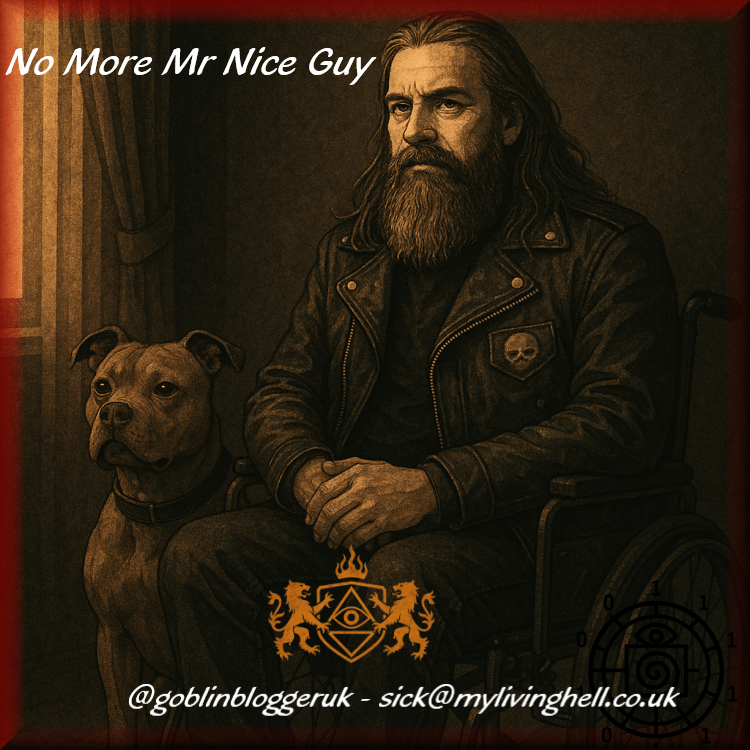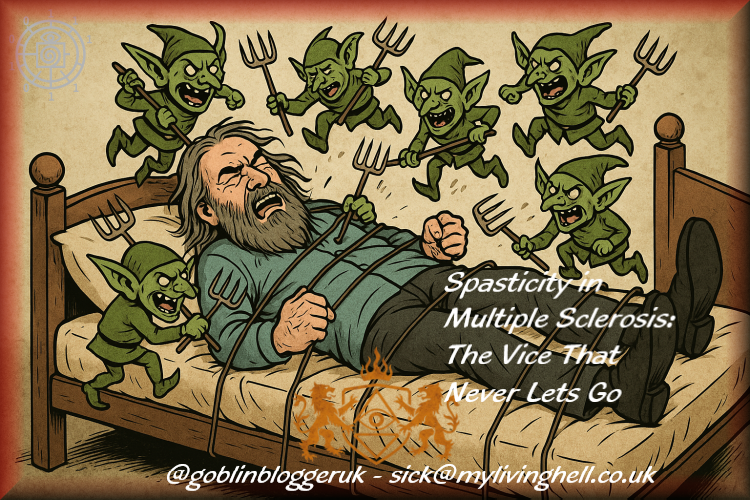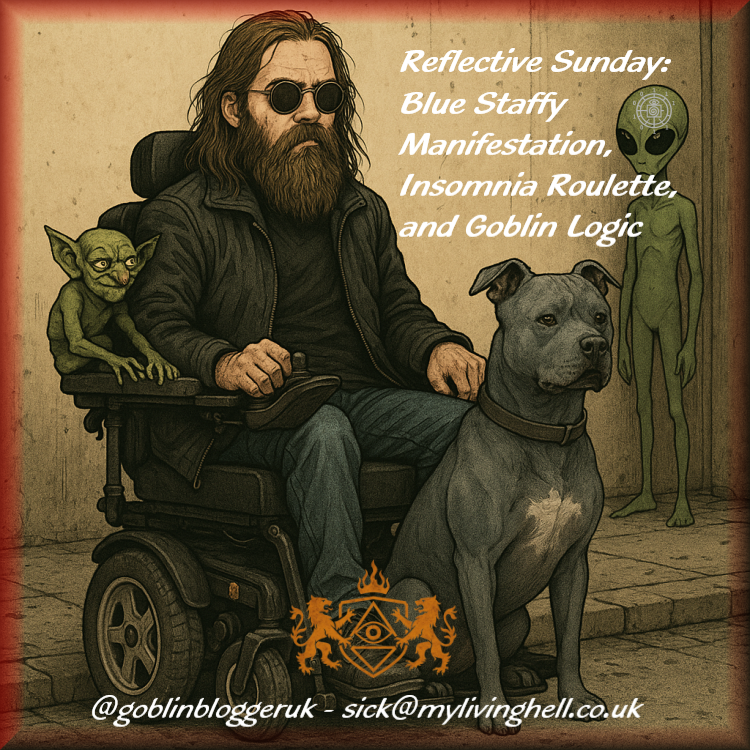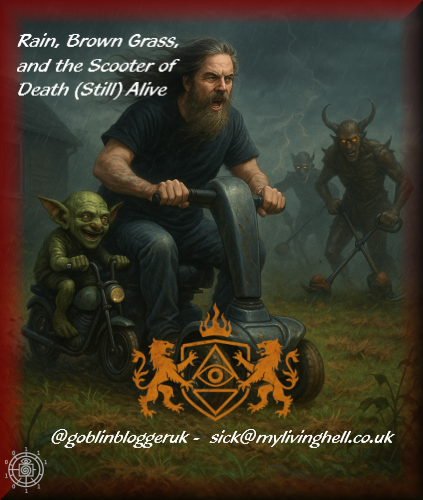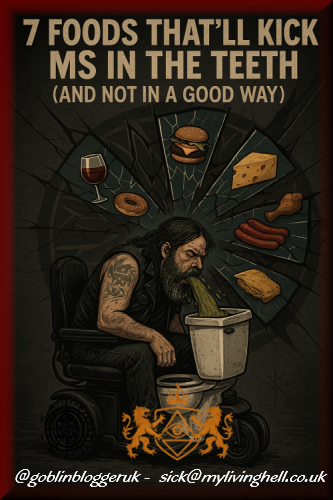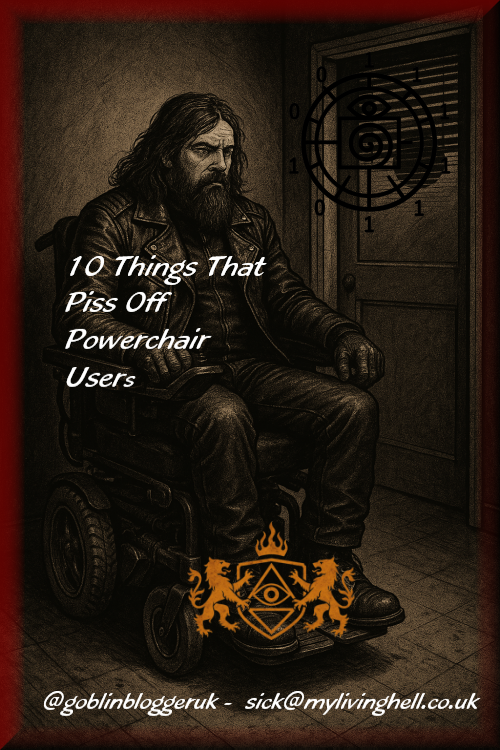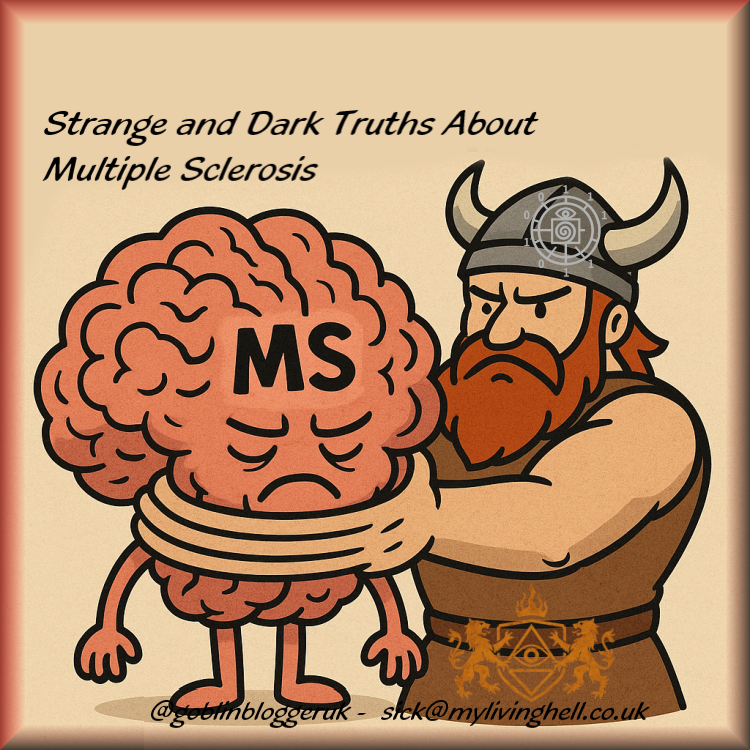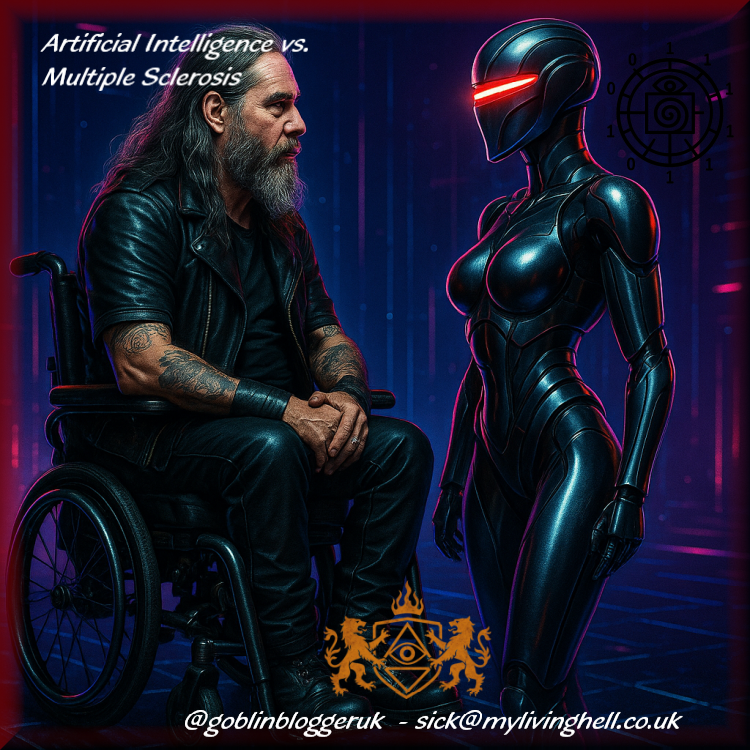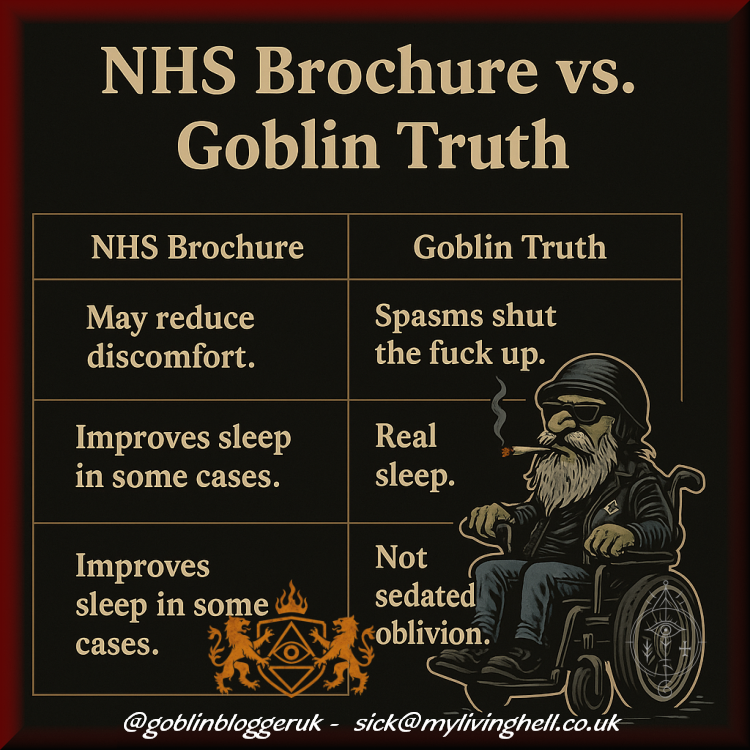- Posted on
⚠️ Please read with care: This blog shares personal, sometimes painful experiences. My intention is to support and speak honestly not to harm. I’m not a professional, just someone who understands how hard it can get. If you're struggling, you're not alone please reach out for professional help.
(Welcome to the Collective)
Imagine a future where bioengineering and cybernetics let humans partner with AI like it’s a marriage made in a lab. Now imagine me, MS chewing the insulation off my nerves, shaking hands with a Borg-style system that says: “We will add your biological and technological distinctiveness to our own.” Good. Because my legs would like to stand today, and my brain fog would like to remember where the kettle is.
Shared Adaptation & Support (Upgrades, Not Vibes)
Neural Integration. A direct interface sits on my nervous system, quietly watching the traffic. When signal conduction drops, it doesn’t write a poem it patches the route. Early warning for inflammation; early intervention before I eat floor.
Neurodegeneration Assistance. Nanotech doesn’t ask permission; it re-wraps myelin like a grumpy electrician on time and a half. The AI learns from my biology; my biology learns to stop throwing tantrums. Mutual benefit, minimal faff.
Mobility & Functionality. Exoskeleton limbs tuned to my gait, not a brochure. I supply feedback; it dials out the clunk and keeps the dignity. Independence is the new fashion. Wheels or legs, pick one; I’ll take both.
Mutual Learning & Evolution (Yes, I’m the Beta Test)
Adaptive Algorithms. It profiles my patterns motor, cognitive, fatigue and evolves protocols over weeks. Not one size fits no one; this is bespoke neuro couture.
Enhanced Resilience. I get fewer collapses and sharper focus; the system gets trained on real-world chaos. Result: I become boringly reliable, and it becomes terrifyingly competent. Win win, mildly unsettling.
Ethics & Identity (Assimilation With Boundaries)
Shared Consciousness. No, I don’t hand over my soul. The line is simple: it helps me function; I keep the wheel. Agency stays put. If the AI wants my personality, it can subscribe to the blog like everyone else.
Collaborative Growth. Daily check-ins. I say what worked, what felt “off,” what triggered the MS gremlins. It tunes, I adapt. Partnership. Not possession.
A Day With NeuroLink (Warlock dark of Borg , 66—Progressive MS, Zero Patience)
Morning: legs staging a coup. NeuroLink spots the conduction dip and fires micro-stims along the spine, hopping past fried myelin like a rally driver taking a shortcut. Standing achieved. Applause withheld.
Midday: cognitive fog rolls in. The system nudges specific cortical areas; focus returns. Coffee stays warm for once. Inflammation markers flicker rest advised, meds suggested. No drama, just data.
Clinic: neurologist reviews the logs. Reroutes around damage, gentle plasticity training, fewer face plants. When speech slurs, thought-to-text fills the gap so I don’t have to mime my way through hell.
Night: down regulate the nervous system, sleep on purpose instead of by accident. Calm circuits, fewer 3 a.m. existential raves.
The Joke That Isn’t One
MS already feels like forced assimilation your body joins a collective of misfiring neurons and forgets you’re the captain. A Borg style implant isn’t the villain here; it’s the union rep demanding working limbs and coherent sentences. “Resistance is futile” is cute. Function is beautiful.
Closing (Terms & Conditions Apply)
Yes to neural rerouting, myelin patching, exoskeleton swagger, and speech bridging. Yes to agency. No to becoming company property. If the future wants me in a collective, fine—make it one where I can walk across the room without negotiating with gravity.
Pull Quotes (for callouts)
“At least the Borg offer tech support.”
“Don’t give me vibes; give me conduction.”
“Assimilation, but make it informed consent.”
“Speculative, not medical advice. Bring your own neurologist.”
I write in ink and fury, in breath and broken bone.
Through storm and silence, I survive. That is the crime and the miracle.
